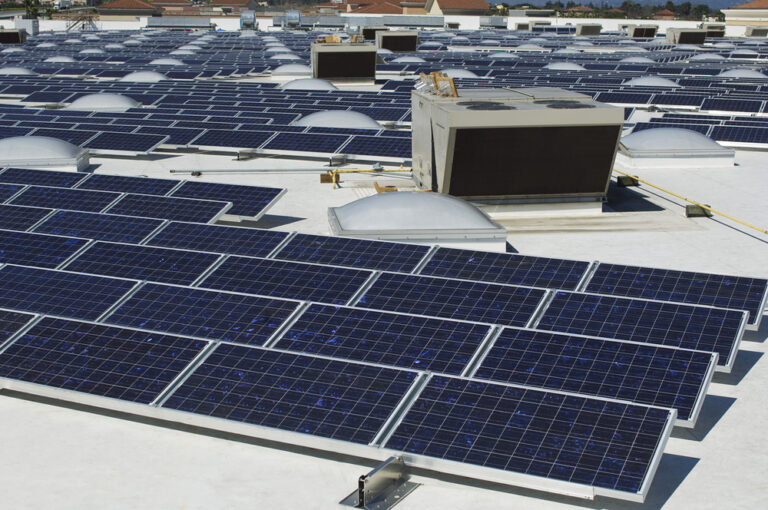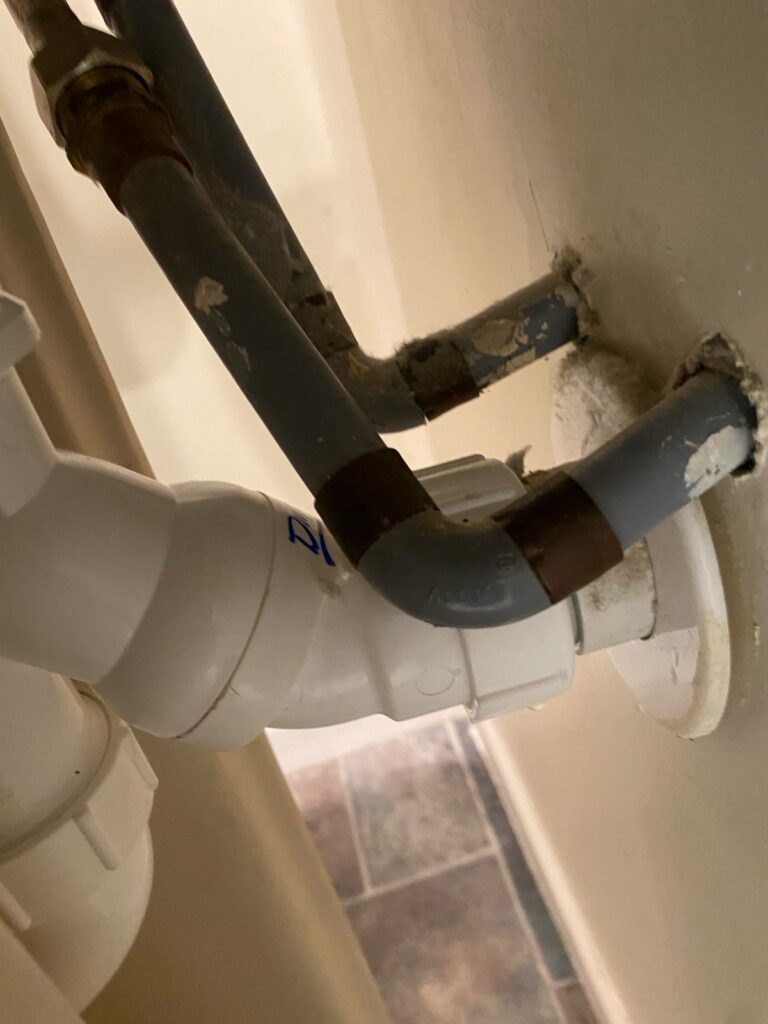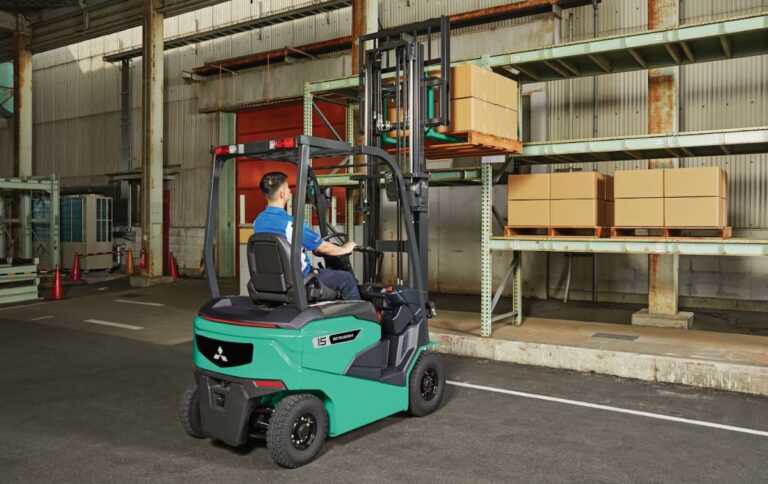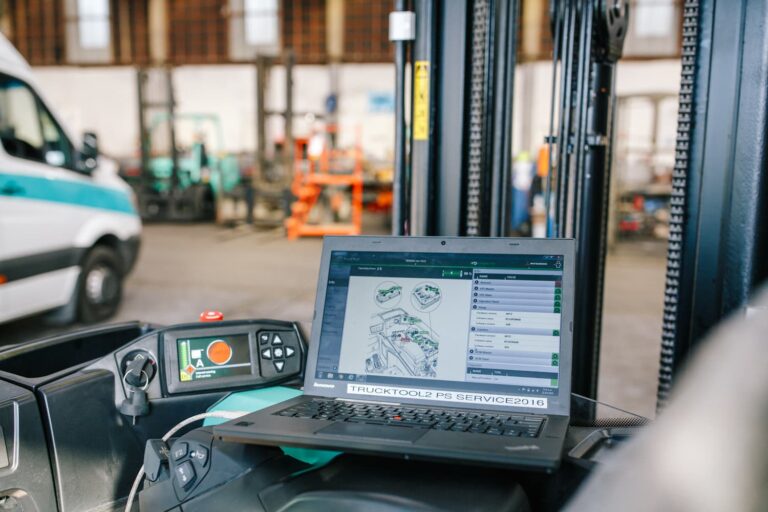In recent years, the installation of commercial solar panels has become an increasingly attractive option for business owners in Christchurch, New Zealand. This renewable energy solution not only helps reduce carbon footprints but also provides substantial long-term financial benefits, amongst other benefits to overall business operations.
Understanding Solar Panels
Solar panels harness the sun’s energy and convert it into electricity through the photovoltaic (PV) effect. The panels consist of multiple solar cells made from semiconductor materials, such as silicon, that absorb sunlight and generate direct current (DC) electricity. This DC electricity is then converted into alternating current (AC) power through an inverter, which can be used to power various electrical devices.
Solar panels are increasingly affordable
The cost of solar panels has witnessed a significant decline over the past decade. Technological advancements, increased production, and economies of scale have all contributed to this downward trend.
As a result, business owners in Christchurch can now install solar panels at a fraction of the price they used to be, making the installation process much more affordable.
Following the laws of demand and supply, the demand for solar installations has skyrocketed in Christchurch and across New Zealand. As a result, the market has become increasingly competitive, driving solar companies to offer more competitive pricing and better customer service. This competition has also led to an increase in the number of experienced installers, ensuring higher-quality installations and reducing the risk of costly mistakes.
Additionally, solar companies are having to be more standout, offering custom-designed solar solutions to fit clients’ needs.
You can save money by going solar
Advancements in solar panel technology have significantly increased their energy efficiency. Modern panels can convert a larger percentage of sunlight into usable electricity, allowing business owners to generate more energy with fewer panels. This enhanced efficiency translates into a quicker return on investment for business owners, as they can offset their electricity bills and potentially earn money through net metering and selling back to the grid.
Furthermore, most businesses in particular large industrial warehouses can benefit big time from solar. Their high usage of electricity will be throughout the day during business hours, which is when the sun is up and shining bright. Having solar panels means that when the business is operating and using up the largest amount of its electricity usage, the cost savings benefit from the solar panels will be at its highest and the solar panels.
You can keep business operations going in the event of a power cut
In today’s fast-paced world, uninterrupted power supply is crucial for businesses to maintain smooth operations. Power cuts can result in significant disruptions, leading to financial losses and potential customer dissatisfaction.
To ensure continuous power supply during a power cut, businesses can integrate backup power solutions with their solar panels. These solutions typically involve the installation of energy storage systems, such as batteries, which store excess solar energy for later use. When a power cut occurs, the energy stored in the batteries can be utilized to power essential equipment and keep business operations running smoothly.
Diesel generator comparison
Solar panel solutions are a greener and more cost-effective way of having an emergency power source than alternative systems such as a diesel generator.
Having a diesel generator means that you will not use this system until the power cut occurs, compared to a solar panel system which will continuously run in the background, saving you power and money, whilst charging up electricity storage batteries for emergency use.
A diesel generator that is for the most part unused will still require maintenance so that it is in a functioning condition once the usage is required. It requires fuel consumption which will need a reservoir in case the power is out for a substantial amount of time. Whereas a solar solution will still require maintenance but it will be producing that ongoing benefit of power and not require fuel consumption.
Lastly, a diesel generator is extremely unfriendly to the environment. Many businesses are making a push to associate their brand image with being environmentally friendly. Having solar panels instead of diesel generators is good for the brand image and keeping emissions to the environment low.
Solar will often increase the value of your business
The potential for substantial long-term savings and consistent returns on investment adds tangible value to your business.
Solar panels are considered valuable additions to commercial properties. Numerous studies have shown that properties equipped with solar energy systems command higher selling prices and rental rates compared to properties without solar installations.
When it comes time to sell your business or property, the presence of solar panels can be a compelling selling point that attracts potential buyers and justifies a higher valuation. The added value from solar panels can result in a substantial return on investment.
Solar systems work in a variety of climates
Solar panels rely on sunlight, not necessarily high temperatures, to generate electricity. While solar panels do perform slightly better in regions with abundant sunlight, they can still produce electricity even in areas with less sunny climates. It’s the intensity of the sunlight that matters most, rather than the temperature.
Cloud cover is often a concern for those considering solar panels in areas with cloudy weather. However, modern solar panel technologies are designed to handle such conditions efficiently. While direct sunlight produces the highest energy output, solar panels can still generate electricity when the sun is partially obscured by clouds.
Advances in panel design and the use of high-quality materials allow solar panels to capture diffuse light and convert it into usable electricity, ensuring a reliable energy supply in cloudy climates.
Contrary to popular belief, solar panels can actually operate more efficiently in cooler climates. Solar panels generate electricity through a photovoltaic process that involves the conversion of sunlight into electricity.
High temperatures can affect the efficiency of the panels, causing them to produce slightly less electricity. In cooler climates, such as Christchurch, solar panels can maintain lower operating temperatures, which can result in improved performance and enhanced energy generation.
Conclusion
The affordability of solar panels for business owners in Christchurch has reached unprecedented levels, By embracing commercial solar power, businesses in Christchurch can position themselves as forward-thinking, environmentally conscious entities while reaping the economic benefits that come with it.
From cost savings and environmental responsibility to energy independence and increased property value, the advantages of commercial solar power contribute to the overall success and growth of businesses in Christchurch.
Get your business noticed by creating an online directory listing. Listings are FREE and you can create as many as you need.
- Get found by locals



